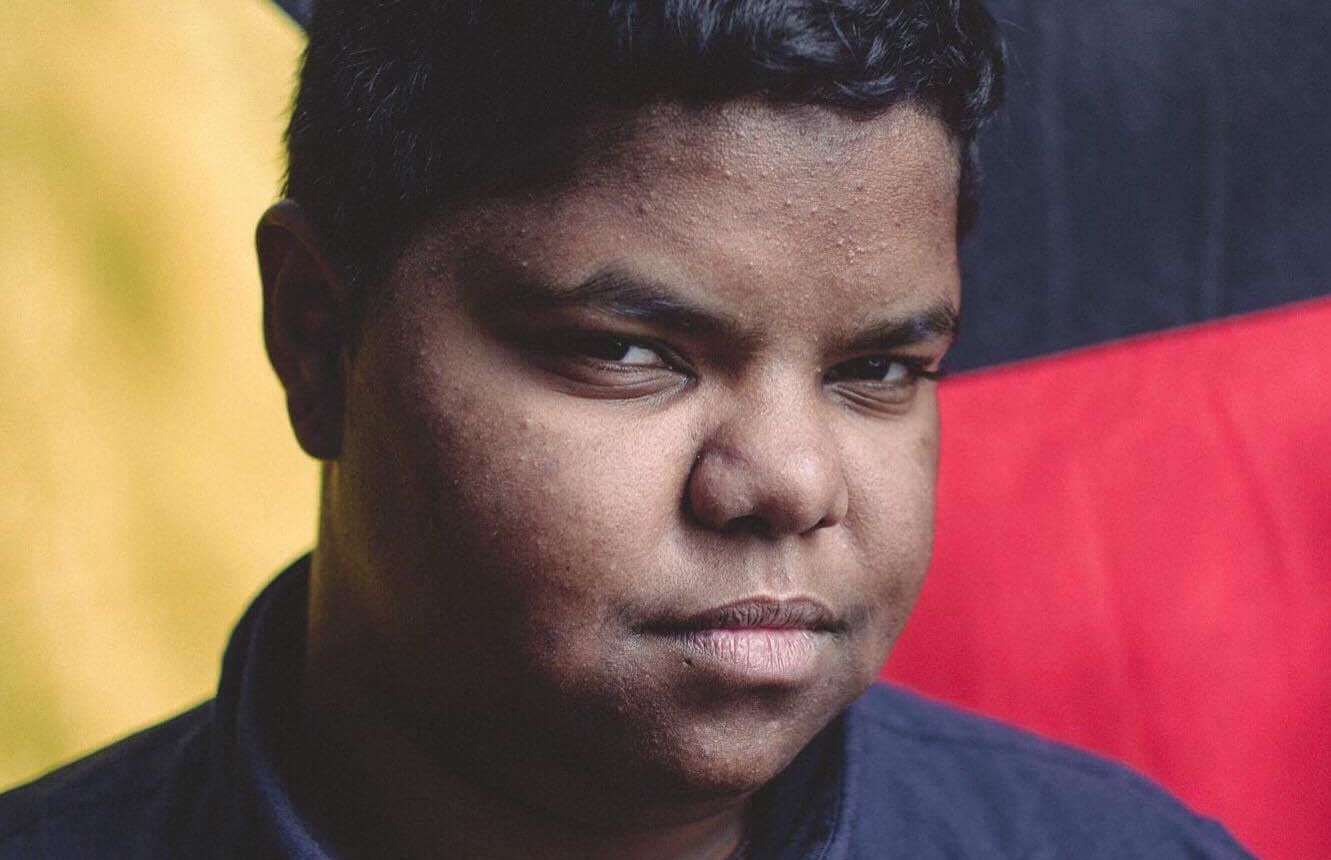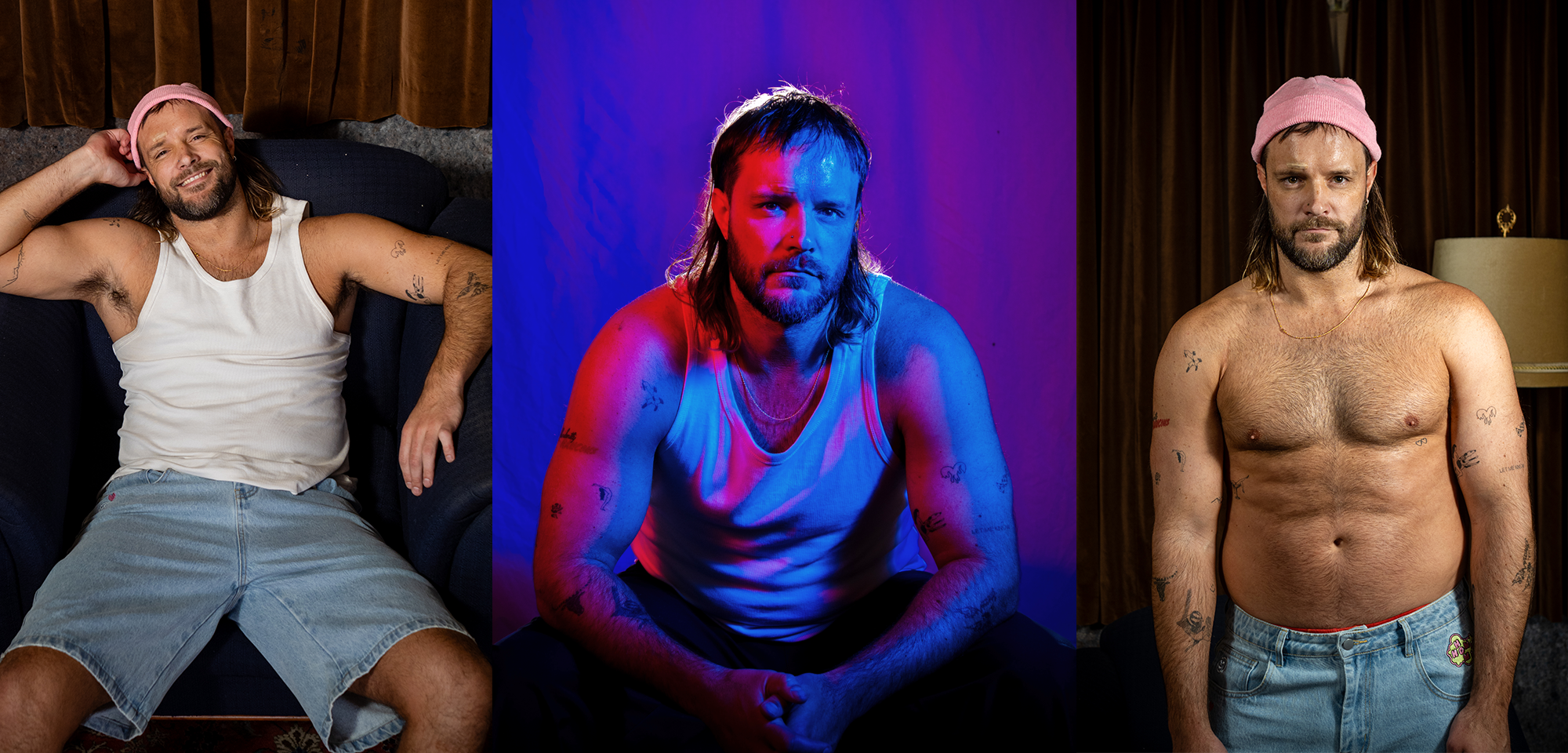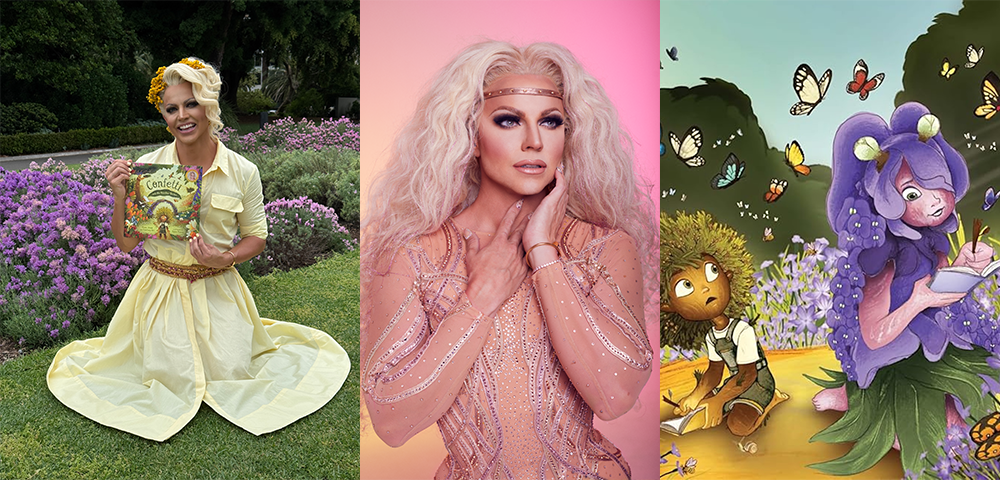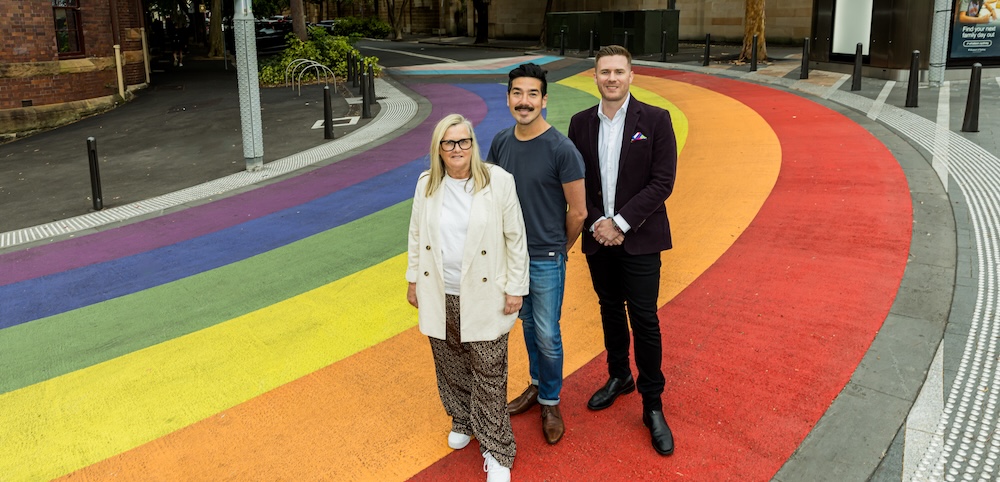
‘There aren’t a lot of health services full stop’: queer health in rural Australia

Finding inclusive healthcare can be tough for queer people in the city, but for those in rural Australia it’s next to impossible. Jesse Jones explores health barriers outside the bubble.
***
In rural Northern Territory, Dana* has trouble getting in to see any doctor, let alone specialist healthcare.
Asked about local LGBTI services, they say “there’s not a lot of health services, full stop.”
Dana is among the one in three Australians who live outside of major cities. According to a 2016 report by QLife, half of the people in regional or rural areas say they have trouble accessing services such as healthcare.
And for LGBTI people, finding inclusive services can be particularly difficult in regional areas.
Dana’s local GP is often booked out weeks ahead, and they don’t feel comfortable talking to doctors in a small town where everyone knows everyone else.
“I haven’t been able to relax around any of the health professionals I’ve seen here,” they say.
“One of my doctors was the sister and sister-in-law of two colleagues.”
Unsatisfied with the local options, Dana leaves their GP checkup and sexual health screening for when they travel to Brisbane once a year.
“There needs to be more sexual health services in town, and better training for all GPs in how to discuss sexual health with patients,” they say.
As well as sexual health, Dana has had trouble getting mental health support in the bush.
“I would really like to access counselling services as a result of work stress, challenges due to the marriage survey, and also my evolving understanding of my own gender,” they say.
“Unfortunately services are hard to access. When I’ve accessed them, their lack of awareness on queer issues and their reliance on gender norms have meant that I haven’t returned for a second visit.”
During last year’s marriage survey, Dana used the QLife phone and online counselling service for support.
“They were pretty great,” they say, adding that the service is for emergency help rather than regular counselling and managing issues.
Dana says the biggest challenges are the “sheer unavailability” and cost of healthcare, but the hardest hit in their area are Indigenous folks.
“Anything white LGBTI people experience is not as bad as the healthcare gap Aboriginal people experience here,” they say.
“And not nearly so bad as that for LGBTI Aboriginal people.”
Taz Clay is a young brotherboy who lived in Townsville when he started his gender transition. He is already a prominent LGBTI advocate who has won awards for his activism.
Taz found accessing medical care in the regional town was reasonably easy, with only one trip to Brisbane needed to see a gender specialist psychologist.
“After that the sexual health clinic in Townsville picked it up almost straight away, and I was on puberty blockers along with seeing a psychologist for further counselling around transitioning,” he says.
Clay says that he was lucky to have access to good trans healthcare where he was living.
“Not every place is like this, and it can be quite a long process, especially living in a remote community,” he says.
“I know sistergirls and brotherboys that have to travel hours and hours to get to a doctor on the mainland or in bigger cities.
“Most times local chemists in remote communities don’t cater to trans people living in them.”
Clay says healthcare providers, especially in regional areas, need to be aware of the specific needs of Indigenous LGBTI people.
“I will always advocate for Aboriginal and Torres Strait Islander LGBTI people,” he says.
“Through a commitment from health service providers working with us, you can have a culturally safe practice.”
Ted Cook from LGBTI health group ACON works with rural and remote communities in New South Wales, from the Blue Mountains to the far west. He says travelling long distances for specialist care is very common.
Cook’s role includes promoting sexual health and HIV testing and care, referring people to local services, and training healthcare staff about LGBTI care.
He says that despite the stereotypes around being queer in the country, every town he visits has lots of folks representing the whole rainbow spectrum, and many are very happy in their communities.
“I’ve met some of the most motivated, community-connected, thriving people in my travels,” he says.
While there are no LGBTI specialist clinics in country New South Wales, Cook says the sexual health clinics around the state offer informed and inclusive care, from free STI screening and PrEP access to reproductive and cervical health.
ACON also supports regional healthcare by providing pop-up STI and HIV screening at community events such as Tropical Fruits and Broken Heel.
“Some of the biggest issues are things like having access to information, trusting that confidentially will be respected—particularly in tiny towns where everyone knows each other—and trusting that your clinician won’t judge you or even refuse services,” Cook says.
ACON works with Aboriginal Health Services around New South Wales to support Indigenous Australian LGBTI people, including sistergirls and brotherboys, in regional areas. The organisation maintains relationships with those services and distributes information to help them provide care for LGBTI people.
“We are in the process of creating a really strong and community-developed reconciliation action plan that will help support and direct our work with Aboriginal and Torres Strait Islander communities,” Cook adds.
He says that LGBTI healthcare has come a long way for regional Australia, though plenty of work remains to be done.
“The biggest change I have seen is that many health services are absolutely committed and dedicated to getting inclusion right,” says Cook.
“We get requests for training all the time and are continuously providing support, LGBTI training, HIV and sexual health updates, and working hard to keep HIV and LGBTI issues on the agenda locally.”
When Mia* started gender transition two years ago, her doctor was a four-hour drive away from her home.
Living in Hervey Bay, Queensland, Mia was lucky enough to have an understanding local GP, but there were no appropriate specialists in the area. Initially, her doctor set her up with a psychiatrist—a normal first step before starting medical transition—by Skype.
“His whole practice was based around doing Skype consultations,” Mia remembers.
“That was wonderful. It made things so much easier for me than having to travel.
“The doctor had a separate room set up with the computer. They just dialled up, the doctor locked the door, and we talked for an hour.”
After a positive tele-consultation, the Brisbane-based psychiatrist approved her to start transitioning.
The small-town practice staff were unused to having trans patients, and Mia says she had to call attention to documents and phone calls about her transition being treated without the appropriate discretion.
She later sent the practice manager a resource on trans patients and privacy, which was fortunately received well.
“She said every doctor and staff member in the practice would be drilled on it,” says Mia.
The next step was to go to an endocrinologist for tests before starting hormone treatment. Mia got in touch with the Gender Centre in Brisbane—the closest trans health centre—to get a referral. The drive to Brisbane to see the specialist was four hours each way for every appointment.
Despite the challenges of living so far from specialist clinics, Mia says starting transition could have been much worse.
“I had a really smooth process,” she says.
“It was a dream run in comparison to what other people go through.”
*Not their real name









